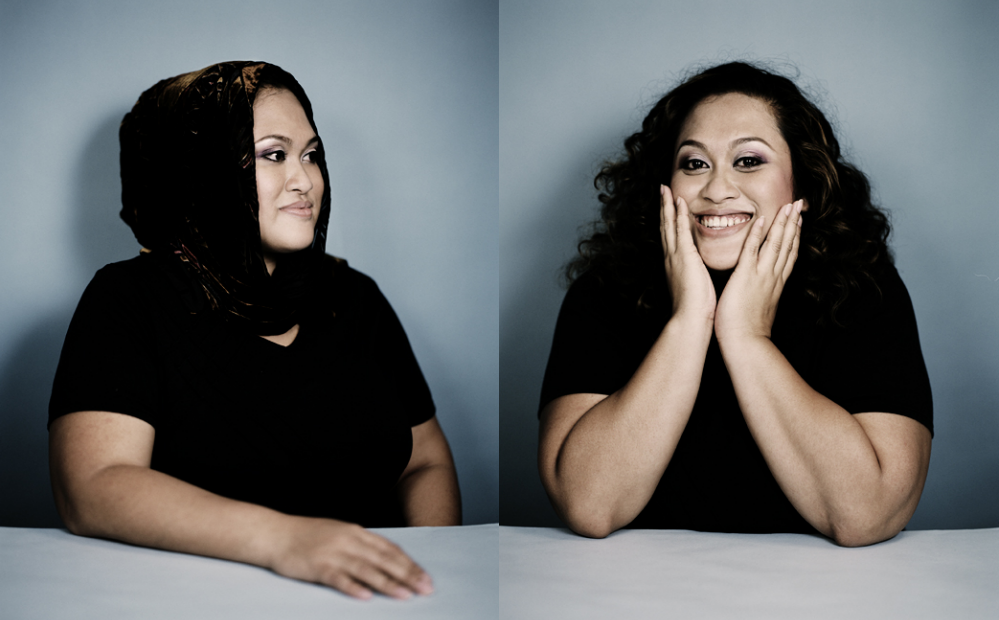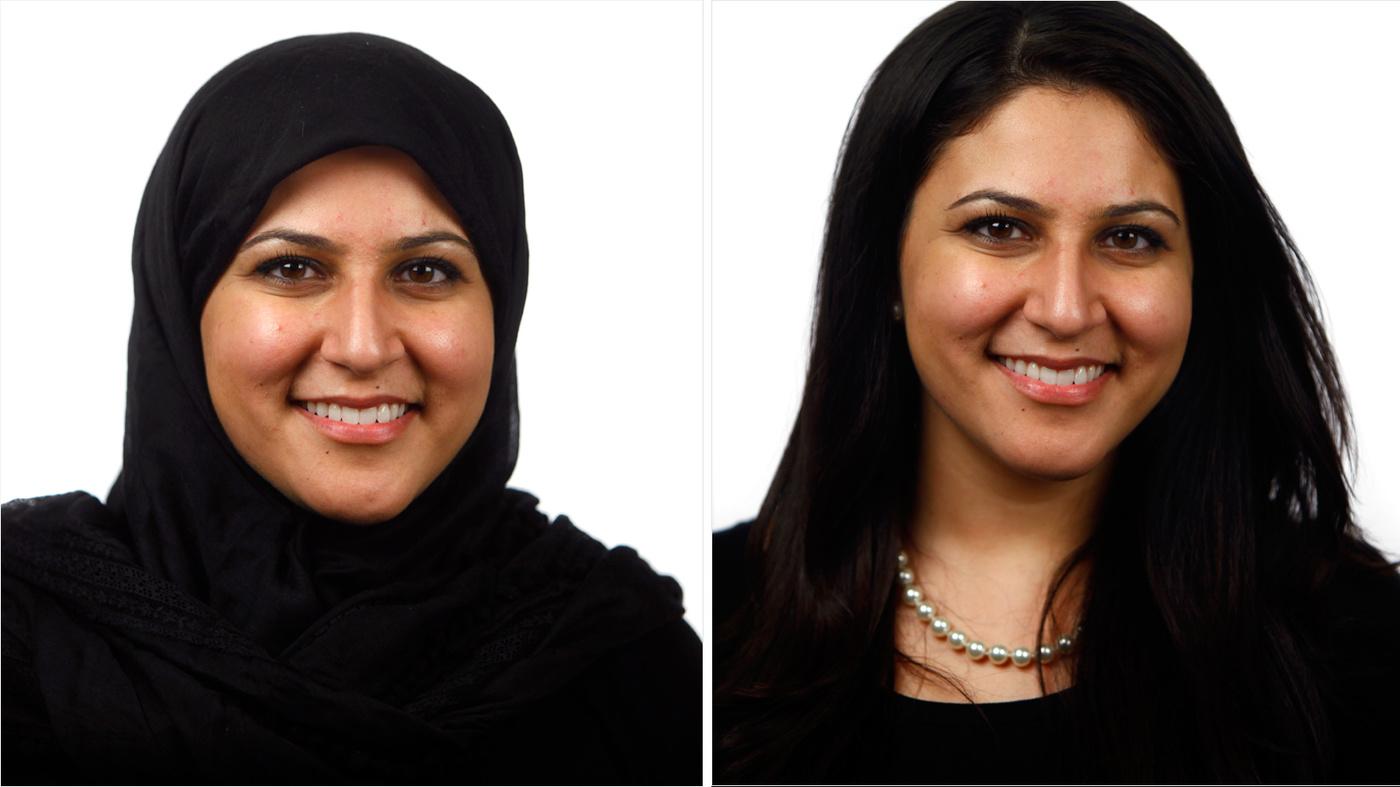Sexual harassment, Egypt, and the hijab
This is a really interesting post for a number of reasons, by Jack Shenker in the Guardian: Women in Egypt get hi-tech aid to beat sexual harassment: A hi-tech weapon has been unveiled in the battle against sexual harassment in Egypt, where almost half the female population face unwanted attention from men every day. HarassMap, a private venture that is set to launch later this year, allows women to instantly report incidents of sexual harassment by sending a text message to a centralised computer.
Read More


















